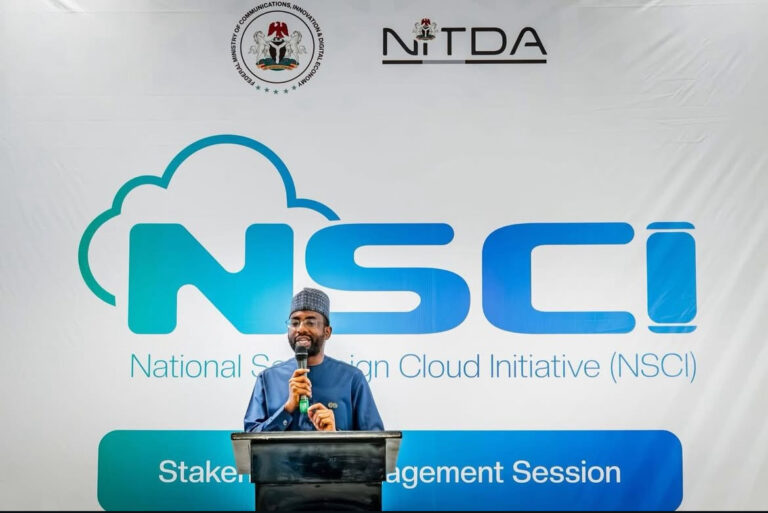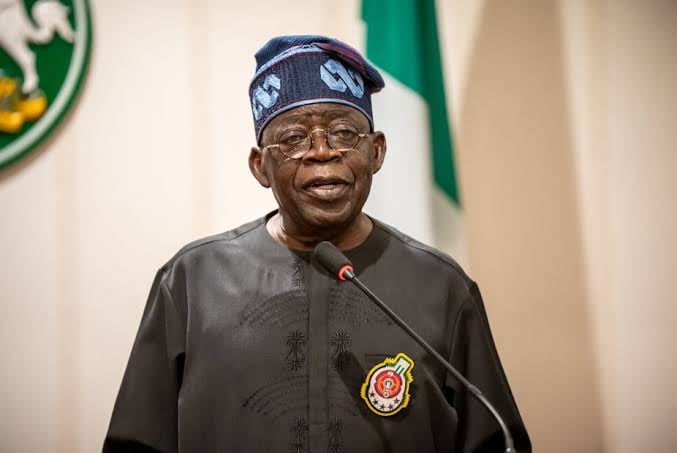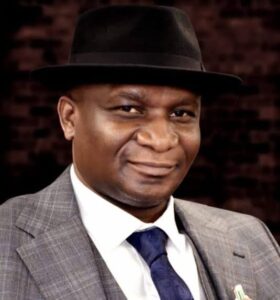In 1961, South Korea was struggling with poverty and low literacy. Today, it’s an economic powerhouse. What was their secret? They bet on themselves – on their people, their industries, and on disciplined execution. Can Nigeria follow a similar path? National Agency for Science and Engineering Infrastructure (NASENI) believes it can. With a massive population, a young workforce, and the “Nigeria First” policy in place, the potential is there. But potential alone isn’t enough.
President Bola Tinubu’s “Nigeria First” policy isn’t just a symbolic gesture; it’s a call to action. It’s about prioritizing Nigerian-made solutions, Nigerian innovation, and Nigerian enterprise. It’s about shifting our focus from being consumers to being producers.
NASENI sees this policy as a roadmap to a brighter future. The numbers are clear: Nigeria spends trillions of naira on imports every year, even for products we have the capacity to produce ourselves – solar panels, software, machine parts, and furniture. Imagine if we redirected even a portion of that money towards homegrown production.
NASENI is leading a movement to do just that – to put Nigeria in motion, powered by local capability. This isn’t about isolating ourselves from the world; it’s about choosing to reinvest value here at home, stimulating manufacturing, strengthening our economy, and creating jobs for millions of young Nigerians.
This isn’t just talk. In Katsina, NASENI’s smart irrigation systems have doubled farm yields. In Ebonyi, they’re testing locally built lithium batteries. In Anambra and Ogun, they’re helping manufacturers improve efficiency with Nigerian-made technology. Last year alone, NASENI launched 35 market-ready products, secured billions in investment, and trained thousands of local innovators. The “Nigeria First” movement is already underway







